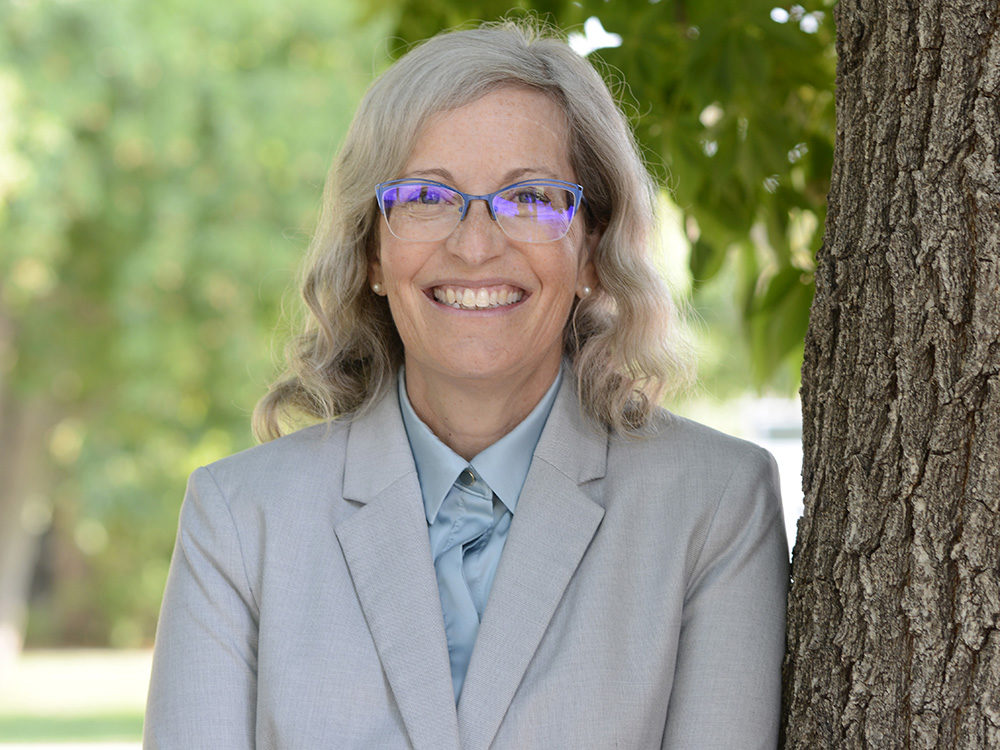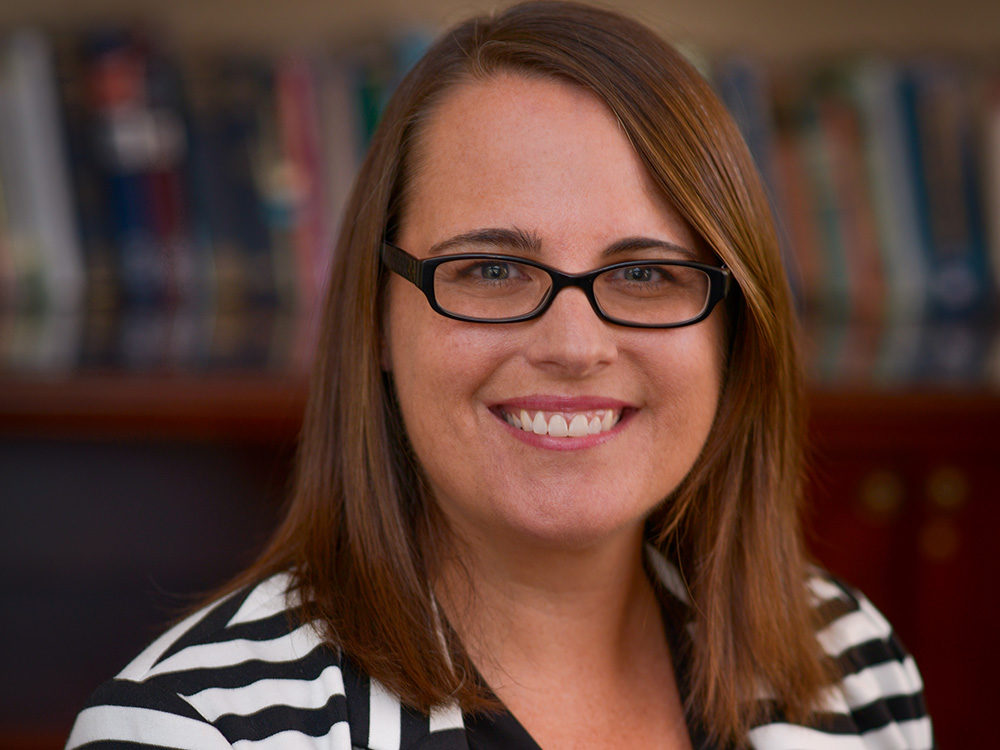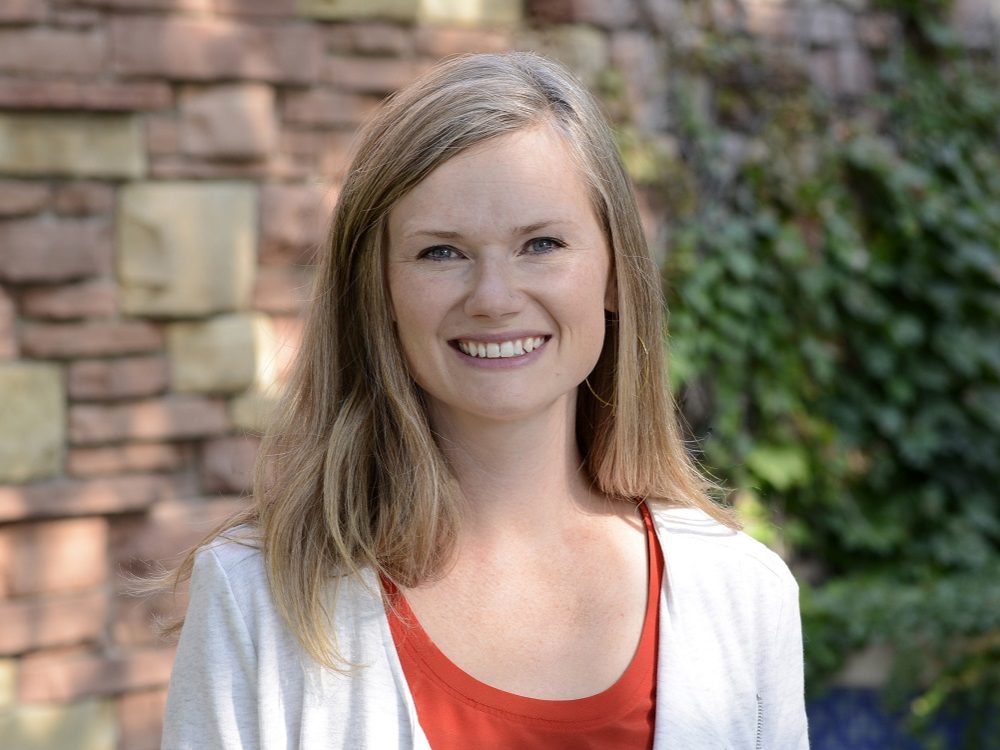Our Commitment
CSU’s School of Social Work acknowledges and embraces the myriad characteristics that make each of us exceptional, within an atmosphere that promotes and celebrates individual and collective achievement.
The School respects, honors, and values individual differences and diverse ideas. Using a lens of intersectionality, and in alignment with the values and principles stated in the National Association of Social Workers Code of Ethics, each person is treated with dignity, care, and respect.
In 2021-22 the Committee for Social Justice led a comprehensive needs assessment of diversity, equity, inclusion, social justice, and belonging in the School of Social Work. Existing data were combined with interviews and focus groups from stakeholders in the School community, including students and employees. The results were presented in an open forum on May 12, 2022, and the presentation and slide deck are shared below. The final written report will be shared in July 2022. Questions about the needs assessment can be directed to CSJ co-chair Paula Yuma, paula.yuma@colostate.edu
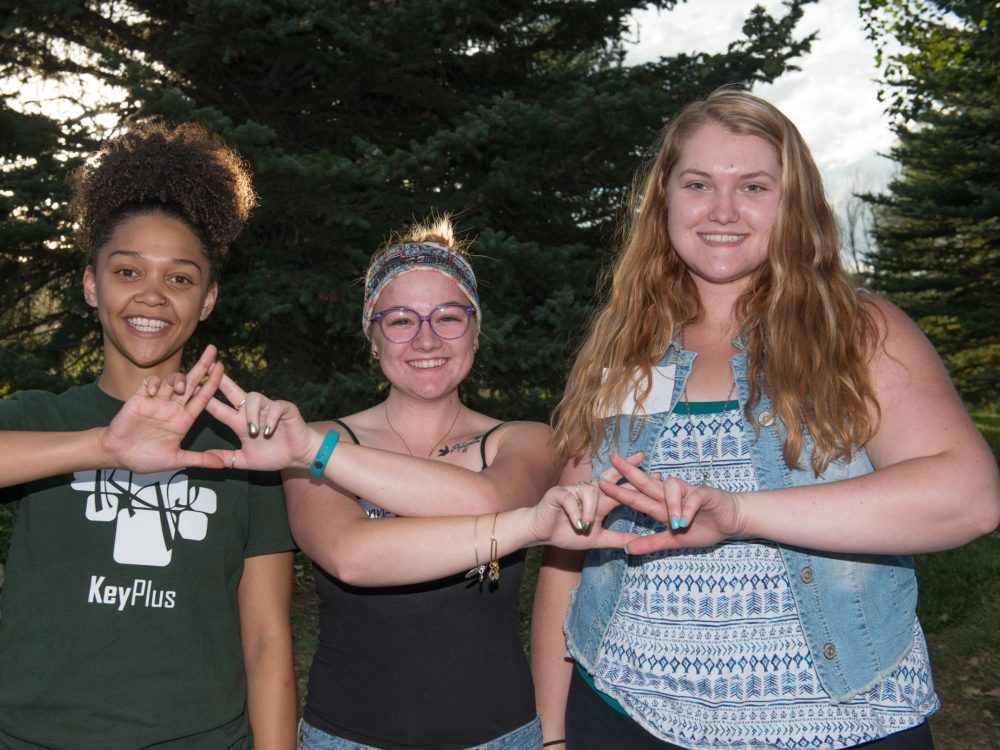
Teaching
This is a sampling of School of Social Work courses with DEIJ content.
Outreach
The Center for Lifelong Learning, Outreach, and Education – CLOE aims to provide research-based professional development opportunities for social workers and social service providers throughout the state of Colorado.
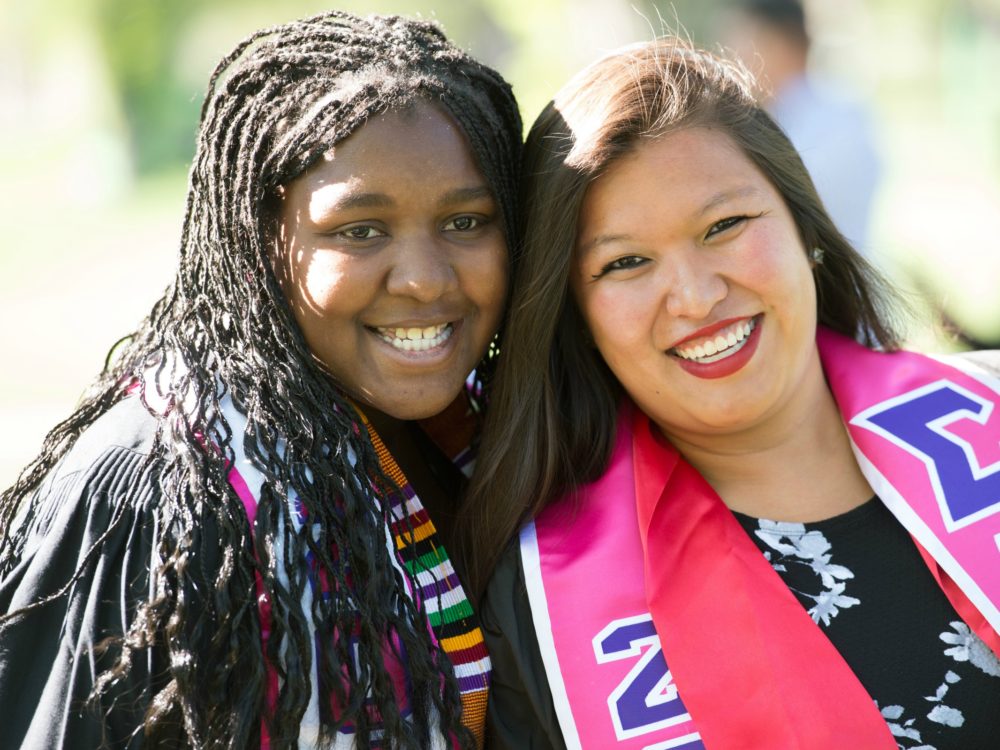
Research
Our faculty are examining a wide array of social justice issues in their research.
Get Involved
We value and encourage participation by students of diverse backgrounds in our school activities. Check out these opportunities for ways you can get involved.
-
38% First-Generation Students
-
143 Racially Minoritized Students
-
23% Non-Traditional Students



